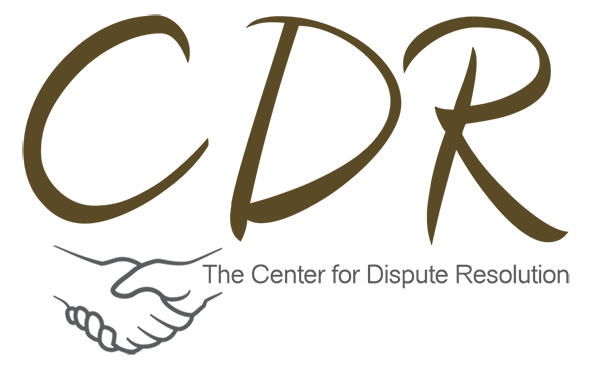
How You Could Benefit From Mediation
Mediation is a voluntary and confidential process in which a neutral third party, known as a mediator, facilitates communication and negotiation between parties in a dispute. The mediator helps the parties identify their interests, explore possible solutions, and work towards reaching a mutually acceptable agreement. Mediation aims to promote understanding, collaboration, and resolution without the need for litigation or formal legal proceedings.
Both individuals and businesses can benefit from mediation in various ways:
Personal Benefits
Benefits for the average person:
- Cost-effectiveness: Mediation is generally less expensive than going to court since it avoids legal fees, lengthy litigation processes, and associated expenses.
- Time-saving: Mediation can often achieve a resolution more quickly than formal legal processes, which can be time-consuming and subject to delays.
- Control and empowerment: Parties have more control over the outcome and actively participate in decision-making, rather than having a resolution imposed upon them.
- Preservation of relationships: Mediation focuses on finding mutually agreeable solutions, which can help maintain relationships and avoid further conflict.
- Confidentiality: Mediation is conducted in a private and confidential setting, ensuring that sensitive information remains protected.
Business and Organizational Benefits
Benefits for businesses:
- Cost-efficiency: Mediation can be a cost-effective alternative to litigation, allowing businesses to save on legal expenses and avoid lengthy court proceedings.
- Preserving business relationships: Mediation encourages open communication and collaboration, enabling businesses to find solutions while maintaining important relationships with clients, suppliers, or partners.
- Customized solutions: Mediation allows businesses to explore creative and tailor-made solutions that may better address their unique needs and interests.
- Time-saving: Mediation can provide a quicker resolution compared to court processes, enabling businesses to focus on their operations and avoid prolonged disruptions.
- Flexibility: Mediation offers flexibility in terms of scheduling and procedures, accommodating the parties’ specific needs and priorities.
Examples of Cases Suitable For Mediation
Here are ten individual and business cases suitable for mediation:
Individual cases:
- Divorce and family disputes: Mediation can help divorcing couples or separated parents reach agreements on child custody, visitation, and property division.
- Neighbor disputes: Mediation can address conflicts related to noise complaints, property boundaries, shared resources, or other issues between neighbors.
- Employment conflicts: Mediation can assist in resolving workplace disputes such as conflicts between employees, harassment claims, or disagreements over working conditions.
- Landlord-tenant disputes: Mediation can help resolve conflicts between landlords and tenants, including issues related to rent, maintenance, property damage, or lease violations.
- Consumer disputes: Mediation can be used to resolve conflicts between consumers and businesses over issues like faulty products, services, or billing disputes.
Business cases:
- Contract disputes: Mediation can help parties resolve disagreements related to contract terms, performance, breaches, or interpretation, avoiding costly litigation.
- Partnership or shareholder disputes: Mediation can assist in resolving conflicts between partners or shareholders concerning management decisions, ownership rights, or profit distribution.
- Workplace conflicts: Mediation can address disputes among employees, teams, or departments, helping to improve working relationships, collaboration, and productivity.
- Intellectual property disputes: Mediation can be used to resolve conflicts over trademarks, copyrights, patents, or trade secrets between businesses or individuals.
- Commercial disputes: Mediation can assist in resolving conflicts arising from business transactions, such as payment disputes, delivery issues, or disagreements over quality or services.
Conclusion
Remember that the suitability of mediation for a particular case depends on the nature of the conflict, willingness of the parties to participate, and other factors. Consulting with a professional mediator can provide specific guidance based on your situation. If you have any questions or are curious as to whether your current situation may be suitable for mediation, please contact us as we will gladly provide you with guidance suitable to your need.
✅ Resolve disputes effortlessly. ✅ Build stronger relationships. ✅ Subscribe FREE now!
Don't miss out! Join us today. 🚀


Comments are closed